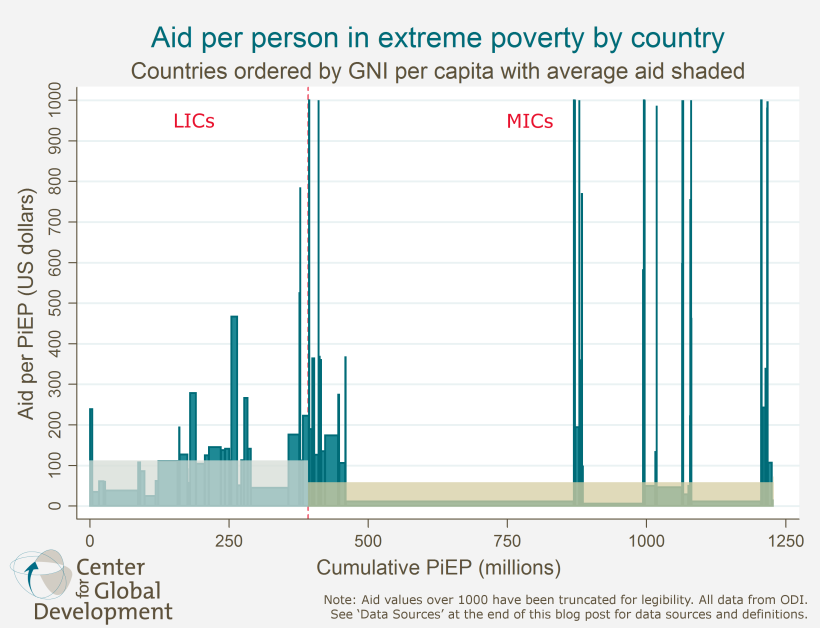I am the Impact and Evaluation Manager at Living Streets, the UK charity for everyday walking. I head up the monitoring, evaluation and learning function, helping the organisation to learn from internal and external sources, and to demonstrate our impact to current and potential partners.
In my previous post, I was a Research Fellow at LSHTM working with an interdisciplinary, international team to implement and test the POInT approach to the integration of process evaluation, impact evaluation and intervention theory.
I hold a PhD from SOAS on the International Development pathway. My thesis investigates how impact evaluations of development interventions can generate results that are transferable to other contexts. This research was generously supported by the ESRC through the Bloomsbury Doctoral Training College. More research is on my Research page.
Previously, I worked as a Research Assistant and then Consultant for the Center for Global Development where I wrote policy-focussed research across a broad range of topic areas; from the cost-effectiveness of climate mitigation interventions in developing countries to the unintended consequences of anti-money laundering enforcement via blockchain tech and Brexit.
I hold an MSc in Research for International Development from SOAS and a BA in Philosophy from the University of Cambridge. I also have extensive teaching experience, having taught English as a second language and development studies in the UK, France, Germany and Egypt.
Awards
- DSA/ICEA Annual MSc Dissertation Prize for “the person who has submitted the dissertation that best combines academic excellence and practical application in the field of development economics”
- SOAS Edgar Graham Prize for the best postgraduate dissertation in Development Studies
- SOAS Postgraduate School Prize awarded to the four best students across all departments
Contact
@mattjuden | email | LinkedIn
